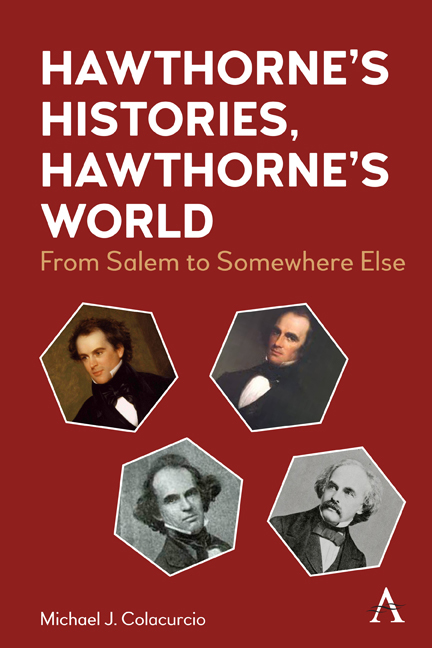Book contents
- Frontmatter
- Dedication
- Epigraphy
- Contents
- Acknowledgments
- Preface
- Introduction The Moral of the Story
- Chapter 1 Walnut
- Chapter 2 J. O.
- Chapter 3 Forgiveness and the Thin Red Line
- Chapter 4 “I Got Nothing!”
- Chapter 5 “It’s an Important Political Problem. I Should Know about It.” Agency
- Chapter 6 Nicole’s Father is NOT German! The Moral Salience of Difference
- Chapter 7 Science Fiction Fantasy, Moral Imagination and the Ability to Conceptualize Your Way Out of a Problem
- Chapter 8 Passion
- Chapter 9 Cat
- Chapter 10 Best Friends Forever
- Chapter 11 Wretched, Slacker Disney Child
- Chapter 12 Chloe, Nicole and the Elephant in the Parlor: The Last Lecture and Some Final Thoughts on Ethics and Character
- Notes
- References
- Index
Chapter 3 - Forgiveness and the Thin Red Line
Published online by Cambridge University Press: 06 October 2022
- Frontmatter
- Dedication
- Epigraphy
- Contents
- Acknowledgments
- Preface
- Introduction The Moral of the Story
- Chapter 1 Walnut
- Chapter 2 J. O.
- Chapter 3 Forgiveness and the Thin Red Line
- Chapter 4 “I Got Nothing!”
- Chapter 5 “It’s an Important Political Problem. I Should Know about It.” Agency
- Chapter 6 Nicole’s Father is NOT German! The Moral Salience of Difference
- Chapter 7 Science Fiction Fantasy, Moral Imagination and the Ability to Conceptualize Your Way Out of a Problem
- Chapter 8 Passion
- Chapter 9 Cat
- Chapter 10 Best Friends Forever
- Chapter 11 Wretched, Slacker Disney Child
- Chapter 12 Chloe, Nicole and the Elephant in the Parlor: The Last Lecture and Some Final Thoughts on Ethics and Character
- Notes
- References
- Index
Summary
I like to think of myself as a forgiving person. Only twice in my life have I ever drawn a line through someone's name in my emotional address book, and doing so did not make me feel good about myself. After all, it's better to forgive, isn't it? Holding onto an angry grudge will only trap you back there in the pain; isn't that what everyone says?
Thinking about two incidents when I did not forgive someone, however, made me revisit the whole concept of forgiveness, and now I’m not so sure it is always the right thing to do. Mostly I find forgiveness more complicated than I had thought before. We too easily confuse the essence of forgiveness—absolving the offending party for having done harm—with the act of relinquishing our own anger and resentment against the one who hurt us and then finding a way to craft an ongoing relationship with them.
The first story involves my friend Josie (not her real name). I’d been very close to Josie in college. I had been the one who introduced her to her husband while I was in grad school. And even though we lost track for much of the postgrad school years, we did keep in touch. So, when I moved to New York City, I reconnected with Josie, along with other mutual friends from Smith.
This was not the best time in my life. My only brother, Jamie, had been diagnosed with leukemia shortly before I began teaching at New York University (NYU). My second year there, Jamie's illness worsened and he died in December 1978. My father had died three years before Jamie got sick. Grandpa Bob died in July 1978, and my then boyfriend dumped me in January 1979, a month after Jamie's death.
The Christmas after Jamie died was bleak. I had no emotional energy to deal with anything except my mother's pain and grief from a wound so deep it went beyond anything words can capture. Losing a child must be the cruelest blow of all in life. When I returned to New York City after Christmas break, however, I called Josie to tell her about Jamie.
- Type
- Chapter
- Information
- The Unspoken Morality of ChildhoodFamily, Friendship, Self-Esteem and the Wisdom of the Everyday, pp. 41 - 50Publisher: Anthem PressPrint publication year: 2022

